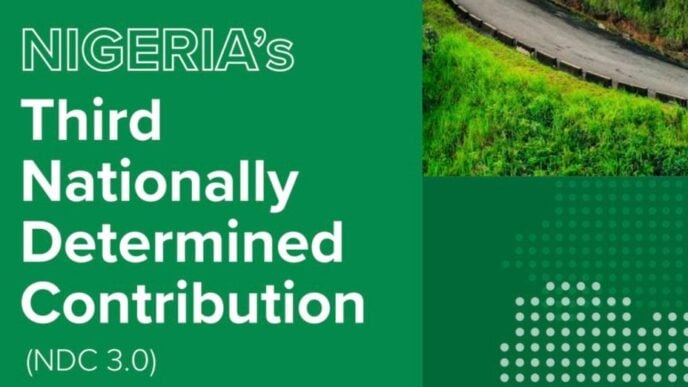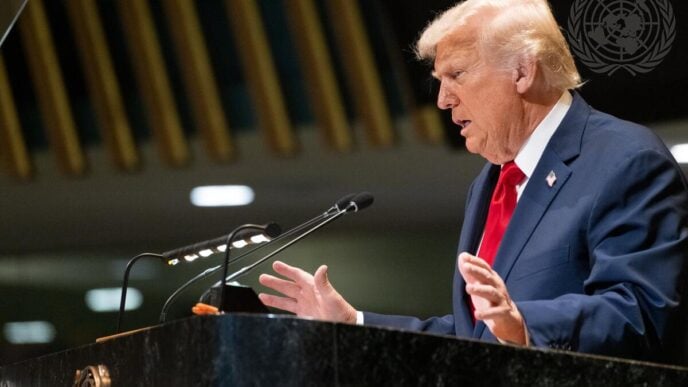Fossil fuel emission | File photo
The Nigeria Extractive Industries Transparency Initiative (NEITI) says the nation must carefully manage the global shift from fossil fuels to renewable energy to avoid deepening energy poverty.
Speaking on Tuesday at a chief executives and media roundtable in Abuja, Orji Ogbonnaya Orji, executive secretary of NEITI, said the transition is no longer optional but an “urgent necessity” that comes with risks and opportunities.
Presenting the interim report of a study on the impact of energy transition on Nigeria’s economy, Orji said the process could affect jobs, infrastructure, host communities and government revenues.
“You all know that the global shift from fossil fuels to renewable energy is reshaping economies already and societies everywhere,” he said.
Advertisement
“For Nigeria, this transition is no longer an option; it’s inevitable. But if not properly managed, it could double the existing energy poverty in the country.”
According to him, about 86 million Nigerians still lack access to reliable electricity supply, a situation that could worsen if energy transition is poorly implemented.
Orji explained that while the shift poses risks, it also offers opportunities for innovation, diversification and economic repositioning.
Advertisement
“NEITI is approaching this with credible data and evidence, not as a formality, but as an urgent necessity,” he added.
The study, supported by the Ford Foundation, is anchored on NEITI’s climate change, energy transition and environmental accountability policy.
The executive secretary said the policy commits the agency to track emissions, stranded assets and government compliance with transition and environmental justice commitments.
He urged stakeholders, including the media, civil society, industry players, government and development partners, to play a part in ensuring a just and inclusive transition.
Advertisement
“The media must investigate and amplify findings, civil society should mobilise citizens to demand transparency, while industry players should balance profitability with sustainability,” he said.
“Development partners must align financing and technical support towards a just transition.”
Orji also harped on the need for Nigeria and other resource-dependent nations to demand fair access to climate finance and technology transfer to fund transition investments.
Mathew Adole, alternate chair of the National Stakeholders Working Group (NSWG), said the planned transition poses significant risks for oil-dependent economies like Nigeria.
Advertisement
“Reorganising the need to deepen our knowledge about the pollution, the NSWG wasted no time in approving the study, which we are convinced would facilitate engagement on the country’s transition policy and implementation,” Adole said.
He added that the report, when completed, would serve as a vital advocacy tool for managing the country’s energy transition.
Advertisement











